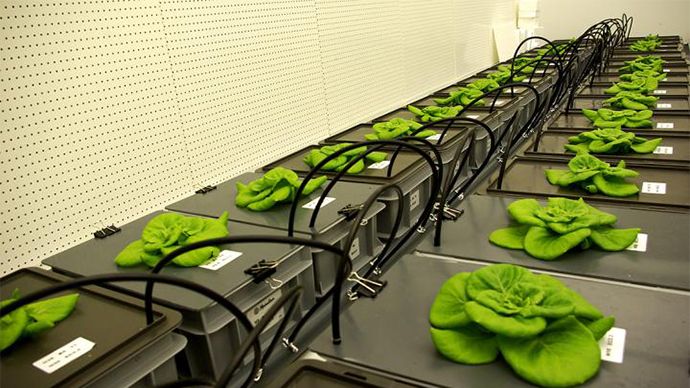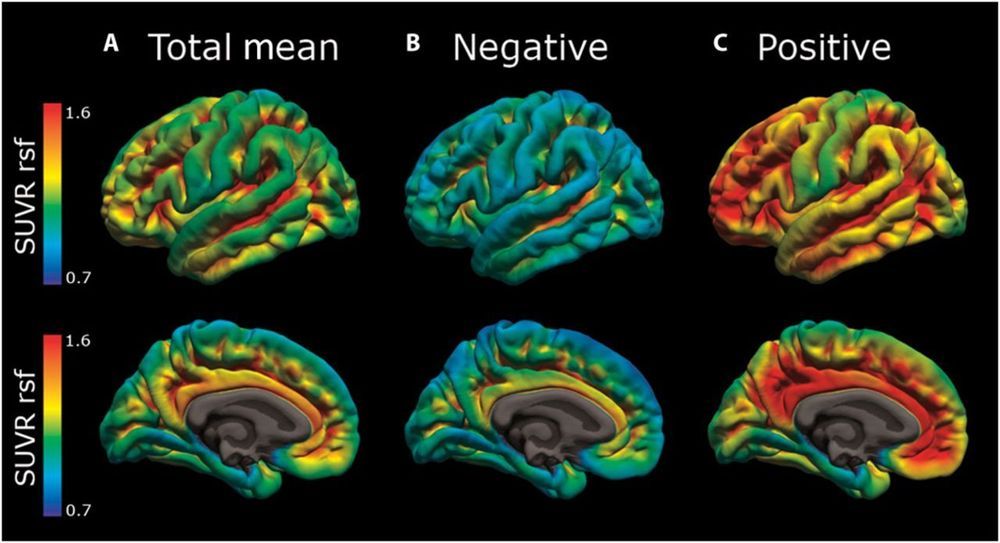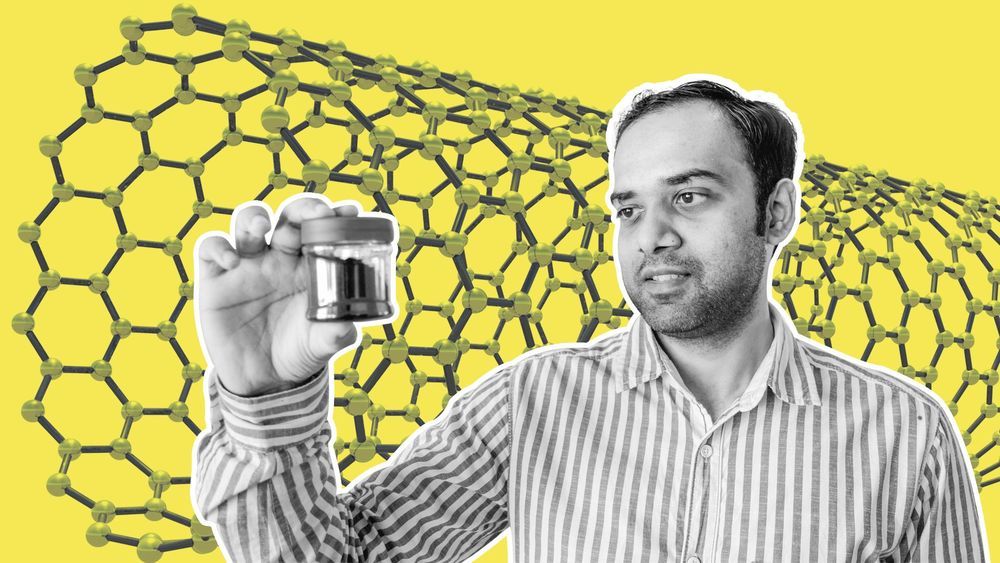Watch out, Earth gardens: Space is set to become the next destination for growing fresh vegetables.
Following the successful cultivation of lettuce at the International Space Station (ISS) in 2015, beans could be the next legume to leave our planet in 2021, said a Norwegian University of Science and Technology NTNU) press release. Other salad essentials could also be cultivated in space, and they would provide cosmonauts and other intergalactic travelers with the nutrition they need to live on other planets.
“The dream of every astronaut is to be able to eat fresh food – like strawberries, cherry tomatoes or anything that’s really flavorful. Someday that will certainly be possible,” said Silje Wolff, a plant physiologist at the Centre for Interdisciplinary Research in Space (CIRiS) at NTNU, in the press release. “We envision a greenhouse with several varieties of vegetables.”






